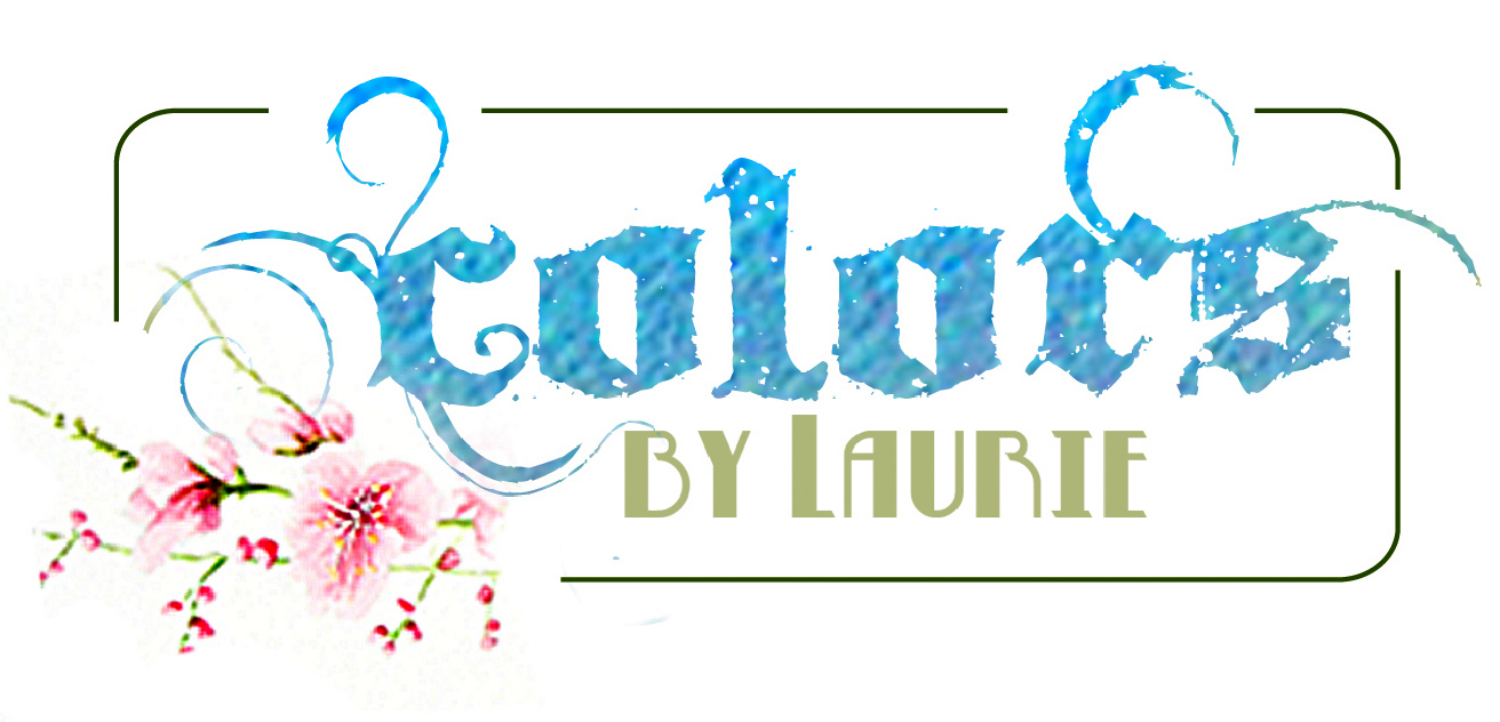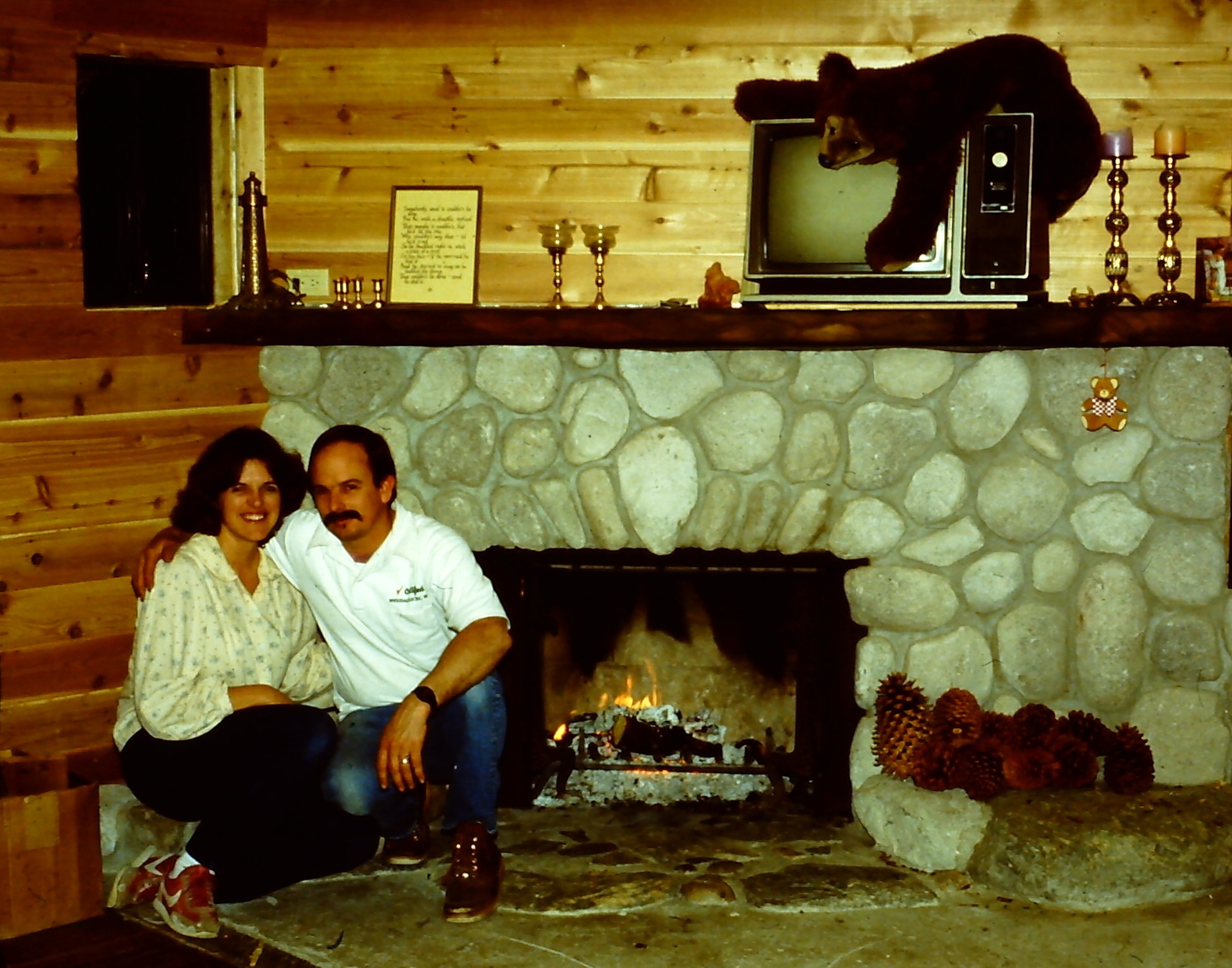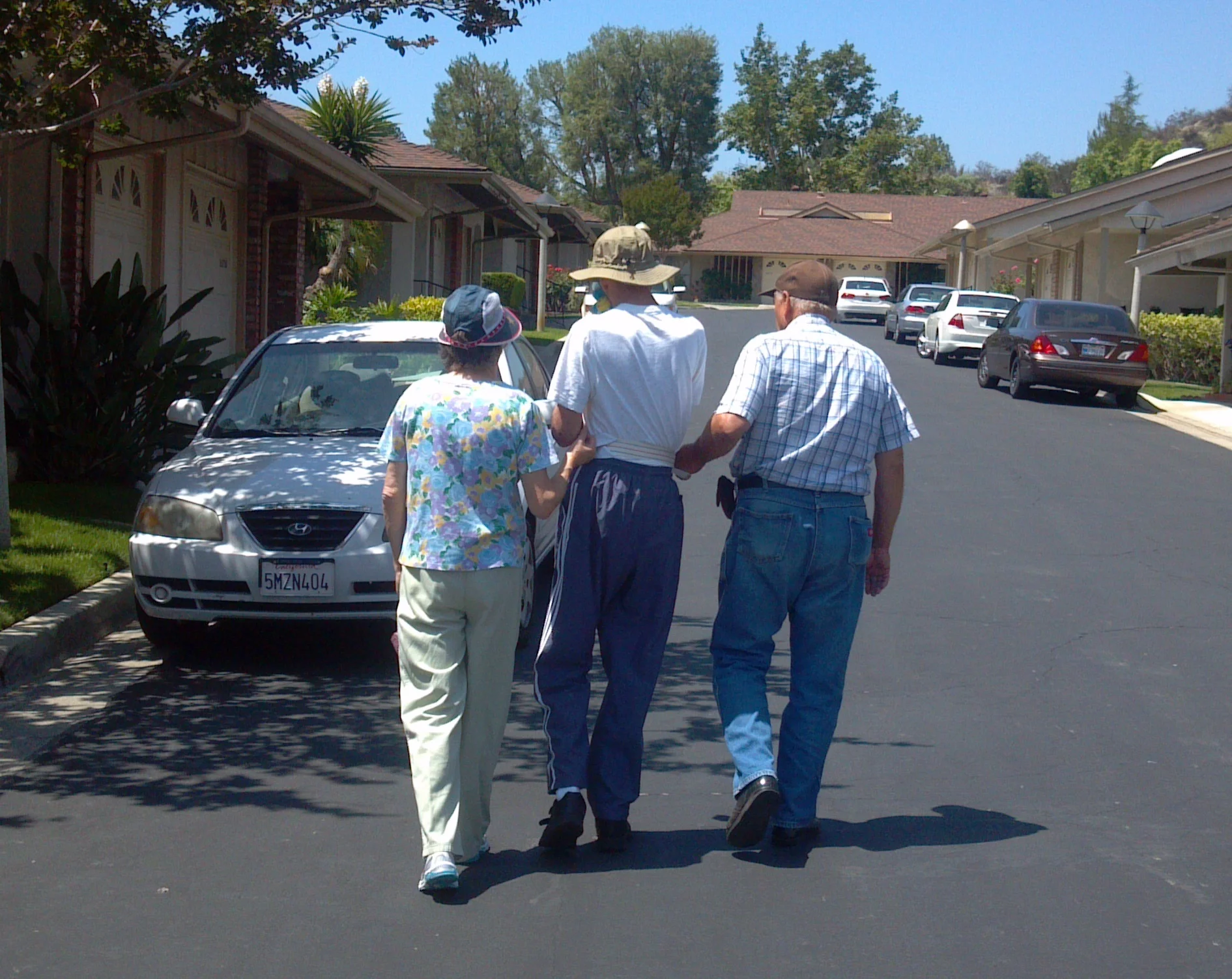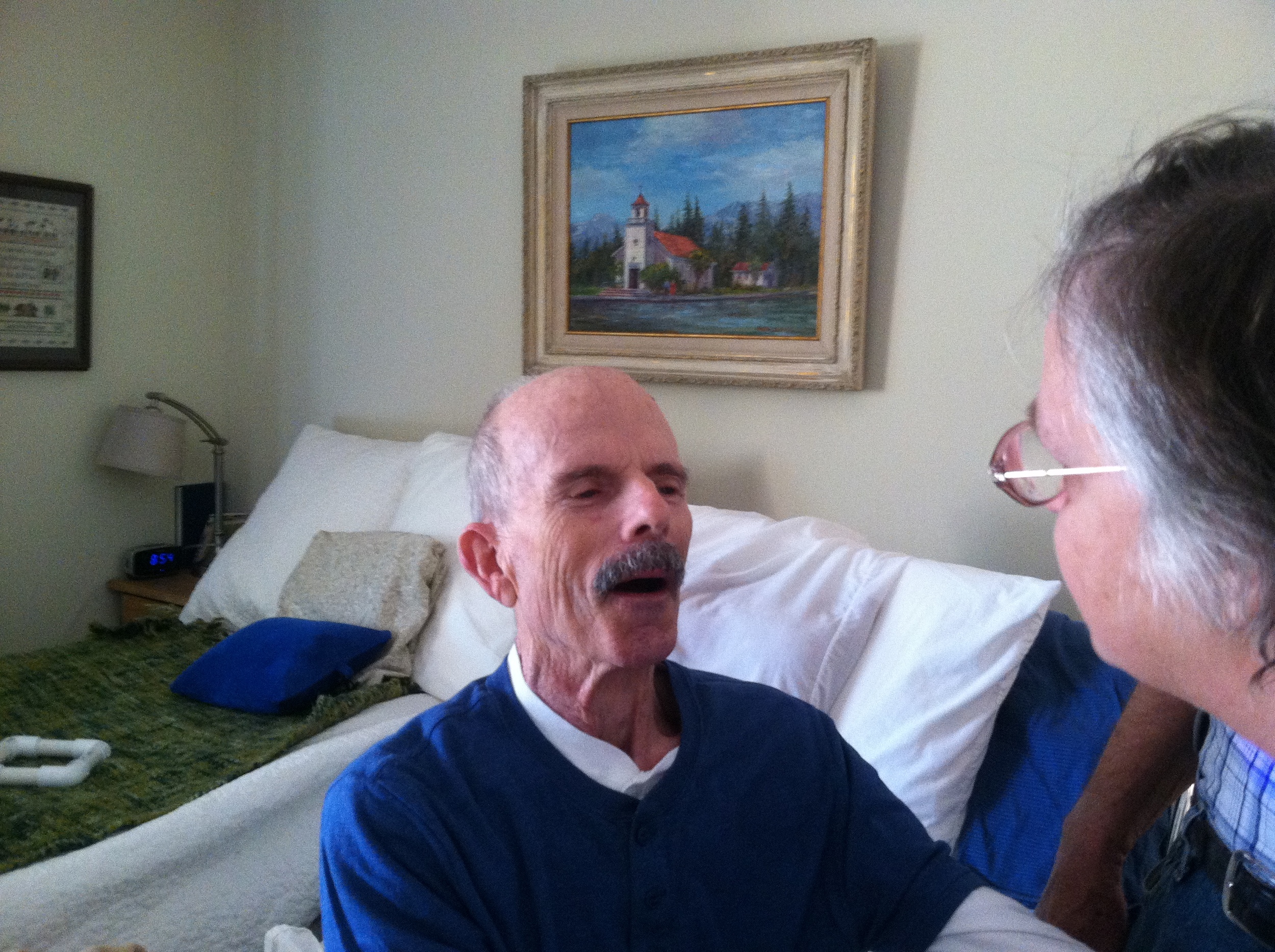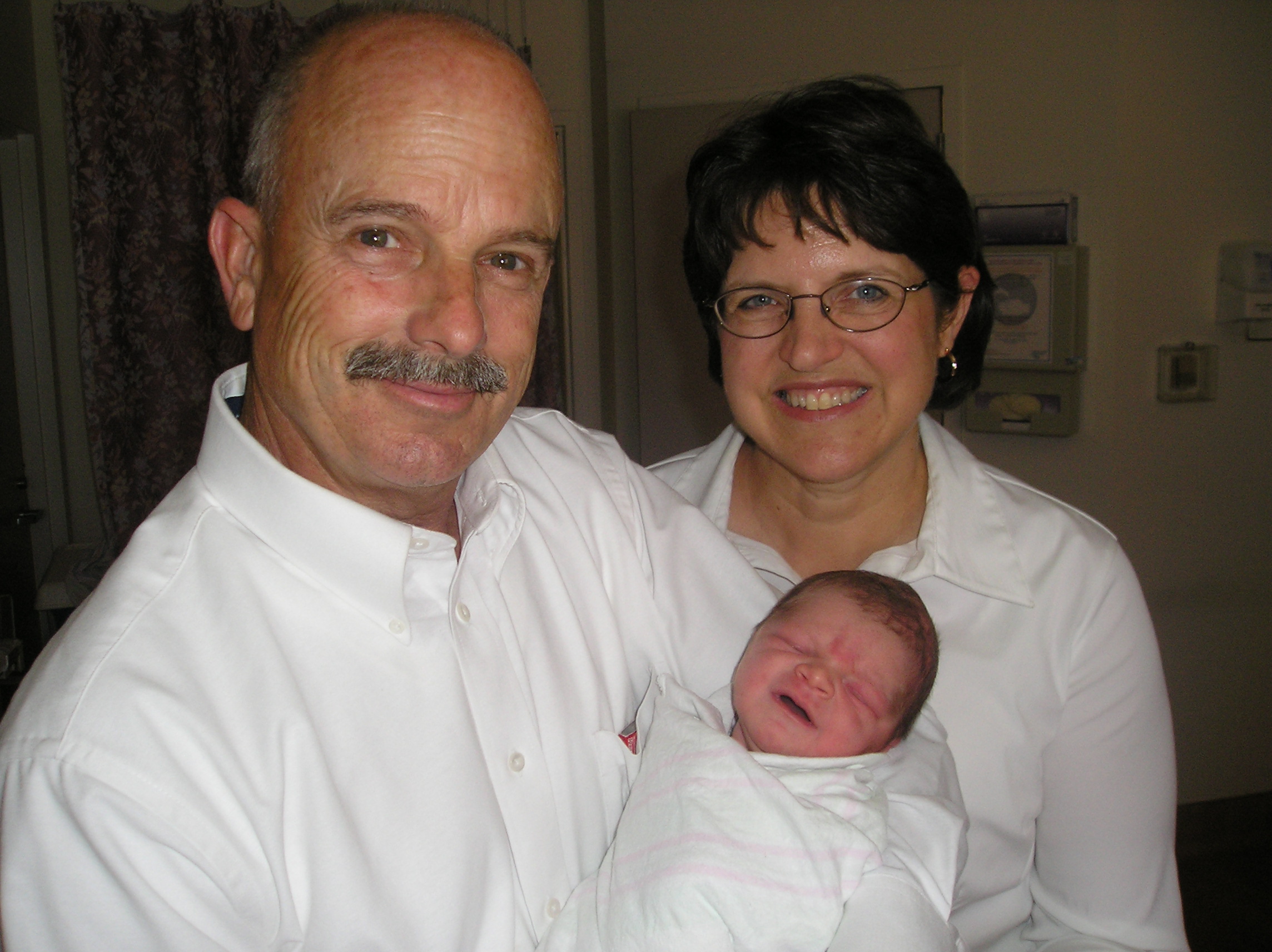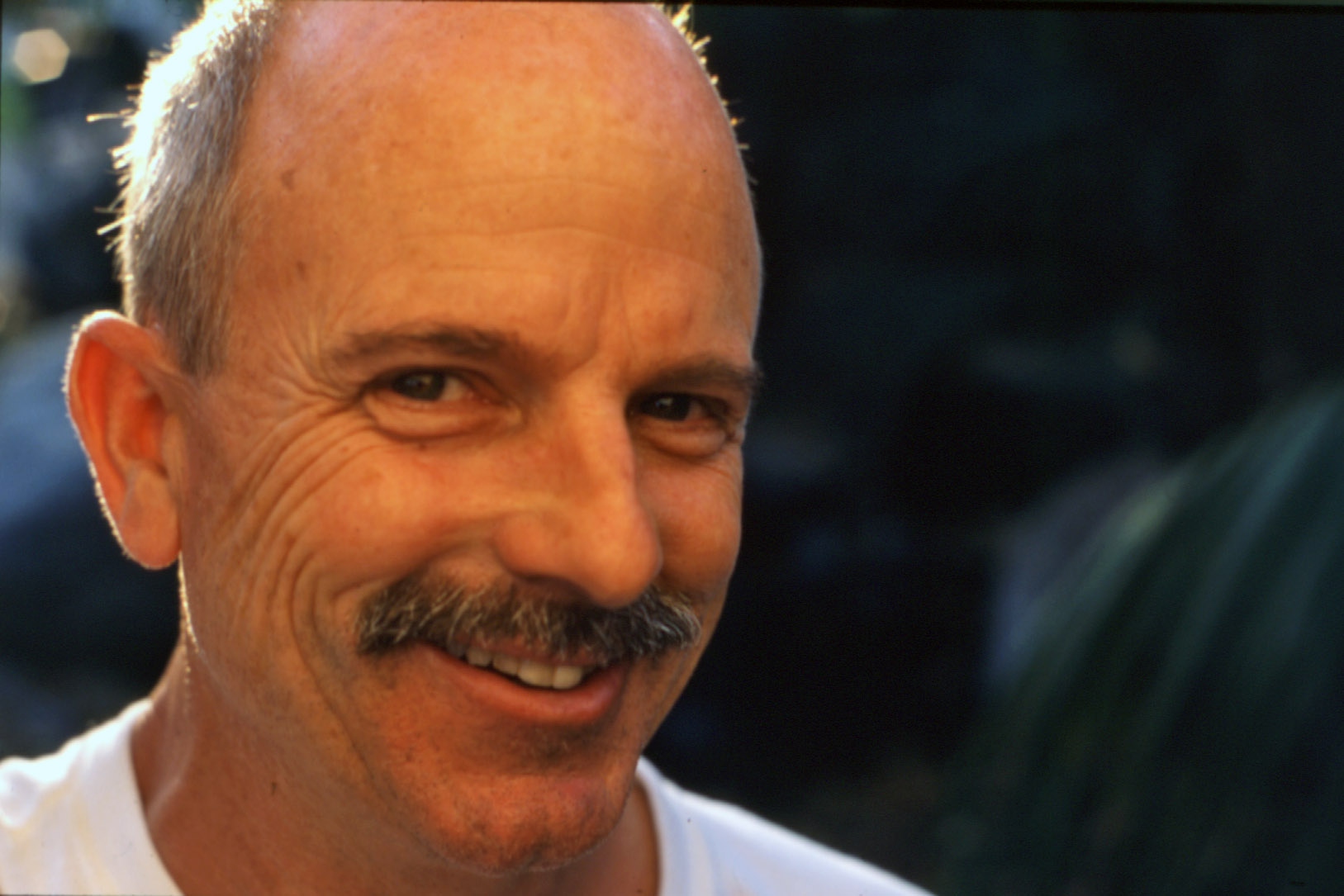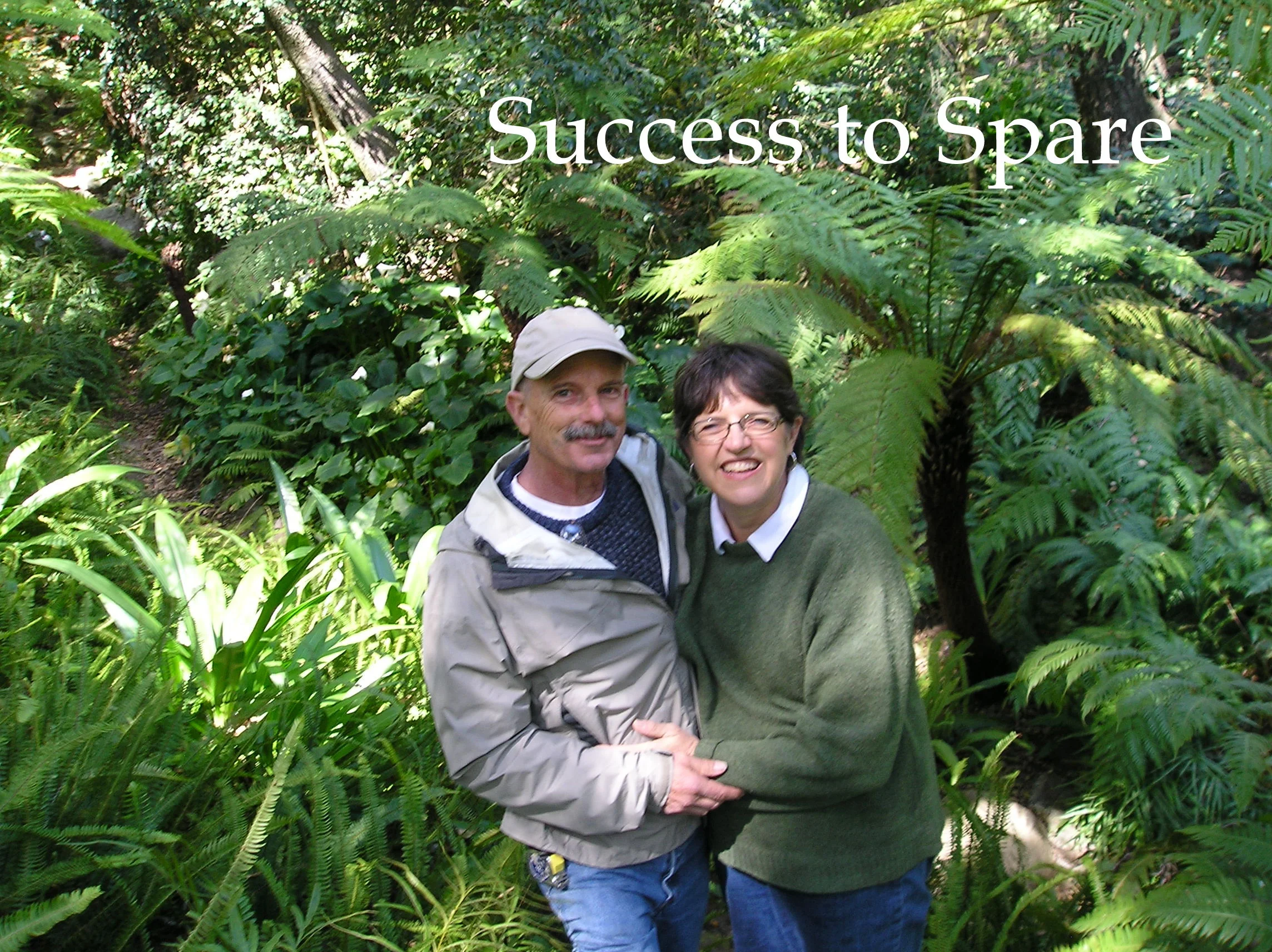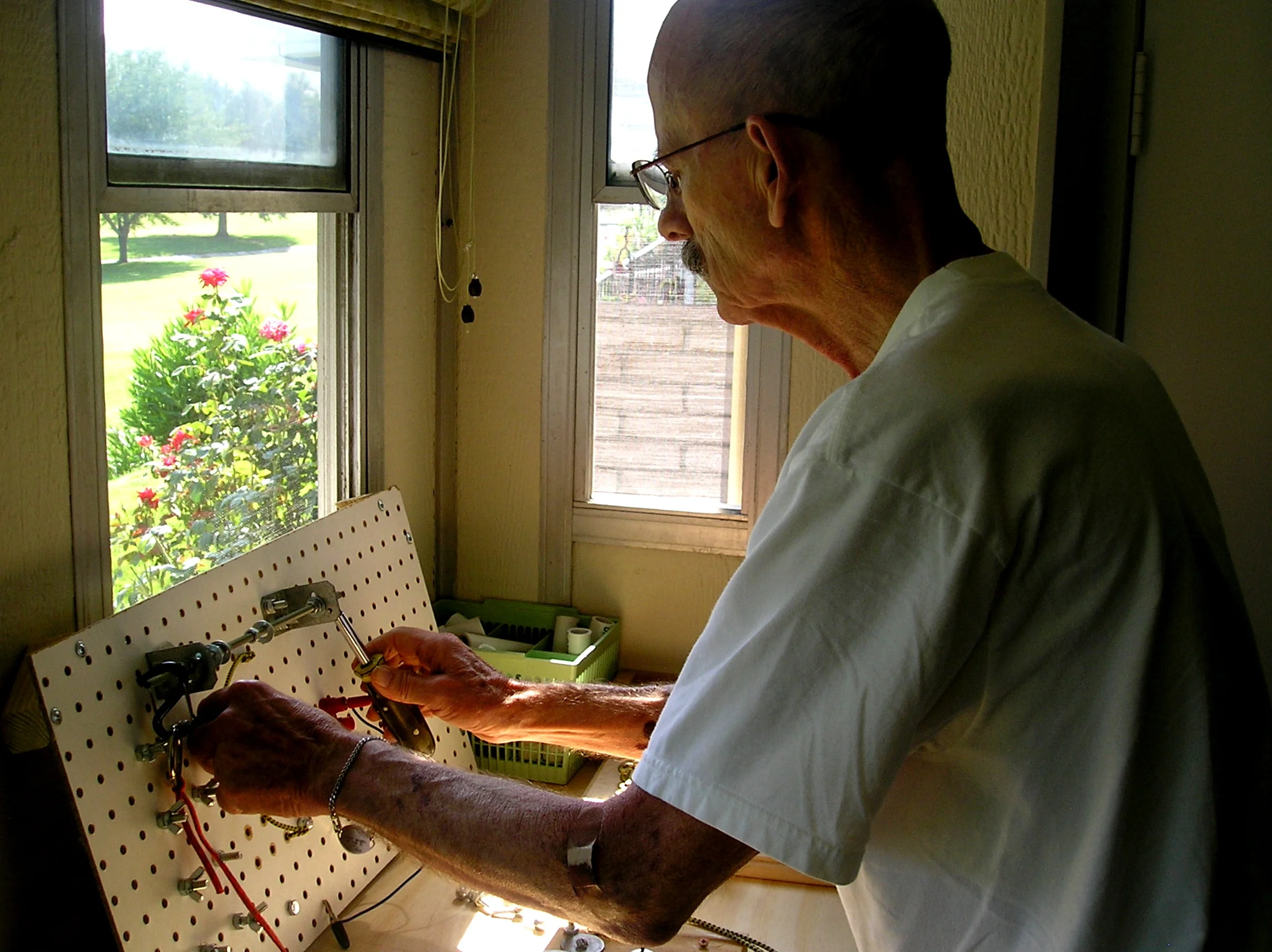“I think it’s time, Mom.”
My mother was 89 at the time. Eight months before, she had driven across country from Montana when she and my dad were moving to California. Dad had given up driving a few years before, so she was doing all the driving. Once settled, she worked hard prepping for her driving test to get her California License which she passed both written, behind the wheel and vision with flying colors. She had early stage macular degeneration and terrible arthritis in her foot but she was a very careful driver and her mind was sharp. Given my situation, caring for Gary, I was happy that my parents could handle their own transportation.
One day, Mom and Dad were out shopping, and pulling in to a parking place, when Mom’s foot slipped off the brake and onto the accelerator, lunging the car forward, jumping a curb, flattening a parking sign, and knocking down a small tree. In a few seconds she was able to get her foot back on the brake and stop the car. Badly shaken and embarrassed, she phoned me from the parking lot. She quickly reported that no one was hurt, and she was very grateful that there were no people in her path.
At first it didn’t occur to me that she should stop driving all together. After all, her accident wasn’t because of dementia, or medications. The problem was her arthritic foot, which was in a brace, and not able to bend at the ankle. Her foot was not able to function normally. A family member suggested to me that for safety’s sake, for my parents and others, maybe my mom should not be driving anymore. That was a hard idea to think about because of its ramifications. My mom would feel the loss of independence deeply. I would feel loss of my own, since my “free time” outside my home was already limited due to being my husband’s caregiver, and I would be the default taxi driver for my sweet parents.
A day later, with a heavy heart, I approached my mom about it and advised her to give up driving.
“I think it’s time, Mom.”
“Really? Do you think so?”
“Yes I do.”
Of course there was more to the conversation, but my mom handled the advice and the loss of independence with grace and acceptance. Not everyone does. I pray I can be more like her when it’s time for me to give things up.
As I get to rub shoulders with many who are helping those with dementia, there’s been a rising discomfort in me, regarding basic safety. Situations are different. Family dynamics are not always easy. Independence means more to some than others. But I’m wondering how often we are tempted to allow a loved one continue in a potentially unsafe or situation, because it is convenient for them (and us). We’ve heard the stories. A confused driver mixes up his pedals and mows down a sidewalk full of people. A disoriented woman leaves the burner on, and sets her towel down to close to it, and the kitchen goes up in flames during the night, and spreads to the apartment next door, ending several lives. A mixed-up gentleman who lives alone, runs up his credit card, buying the same thing over and over, using up all his resources, and leaving a huge debt for the family to deal with, and without money that could have been used for his care.
Surely “honoring parents,” would include helping them to avoid potentially devastating situations if at all possible. “Looking out for the interests of others” must include both the best interest of our loved ones, and the interests of those around them. I really don’t believe there is a one-size-fits-all answer, but somewhere in the equation, when caring for a loved one, consideration should be given to the general public.
…Speak the truth in love…Ephesians 4
No one wants to give up their freedoms, and some will fight hard to keep them, especially if they are confused or in denial about their mental disabilities. Anger, sorrow, and fear may rise to the surface when faced with new losses. Nobody wants to be the “bad guy” who has to bring the bad news to a loved one and the relationship may already be fraught with difficulty or guilt. But, if approached with love, thoughtfulness, encouragement and maybe some good alternatives, our loved one may not be as resistant to the loss as we fear. We can’t control the responses of another, but we are responsible for our own actions and attitudes. We can be kind and respectful, and refuse to be controlled by “fear of man,” which God calls a “snare.” Love comes in many forms. Sometimes it has an uncomfortable, but necessary side. Let’s be proactive with our love.
Do nothing from selfishness or empty conceit, but with humility of mind regard one another as more important than yourselves; do not merely look out for your own personal interests, but also for the interests of others. Philippians 2:3-4
